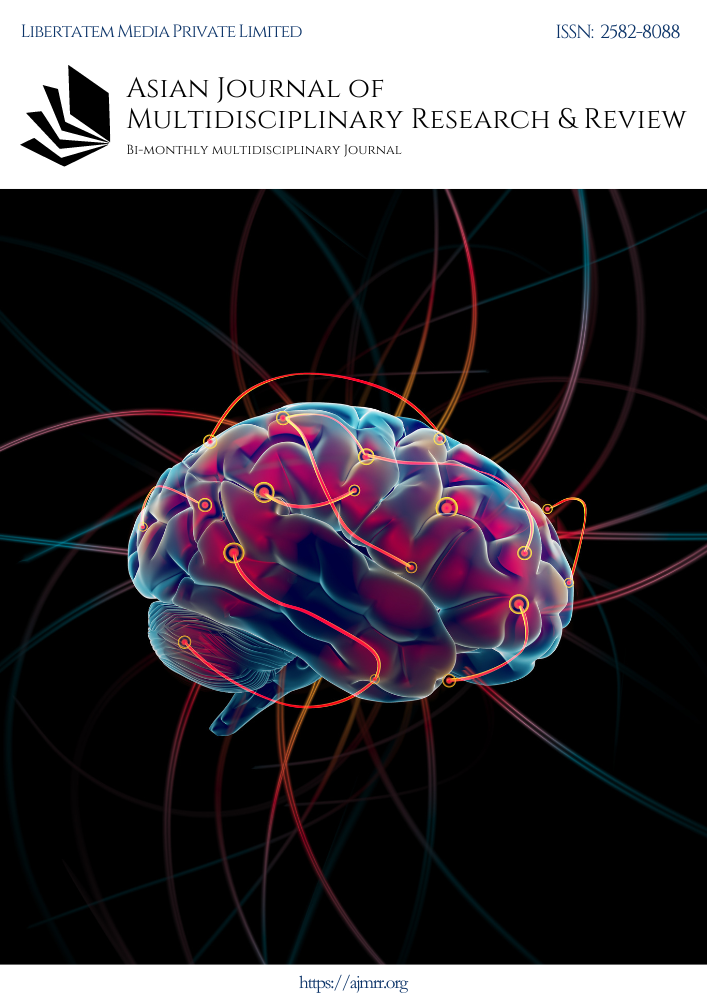THE EFFECT OF SELF-AFFIRMATION AND OPTIMISM TOWARD RISK AVERSION
Keywords:
optimism, extended life orientation testAbstract
Evidence suggests, self-affirmation and optimism have an effect on risk taking. The purpose of this research was to further explore the reliability of these effects, to add further understanding to the research area. Ninety students were randomly allocated to the self- affirmation or control conditions, and the Extended Life Orientation Test (ELOT) was used to measure optimism scores. Individuals with high levels of optimism and self-affirmation were predicted to have lower risk aversion scores. A significant main effect of self-affirmation on risk aversion was found. Both low optimism and high optimism groups are negatively correlated with risk aversion. The current research does not, however, support the hypothesis that optimistic individuals showed decreased levels of risk aversion. Overall, part of the findings were consistent with the past research, those who self-affirm are more prone to make riskier decisions.
Downloads
Downloads
Published
Issue
Section
License

This work is licensed under a Creative Commons Attribution-NonCommercial-ShareAlike 4.0 International License.
License Terms
Ownership and Licensing:
Authors of research papers submitted to the Asian Journal of Multidisciplinary Research & Review (AJMRR) retain the copyright of their work while granting the journal certain rights. Authors maintain ownership of the copyright and grant the journal a right of first publication. Simultaneously, authors agree to license their research papers under the Creative Commons Attribution-ShareAlike 4.0 International (CC BY-SA 4.0) License.
License Permissions:
Under the CC BY-SA 4.0 License, others are permitted to share and adapt the work, even for commercial purposes, as long as proper attribution is given to the authors and acknowledgment is made of the initial publication in the Asian Journal of Multidisciplinary Research & Review. This license allows for the broad dissemination and utilization of research papers.
Additional Distribution Arrangements:
Authors are free to enter into separate contractual arrangements for the non-exclusive distribution of the journal's published version of the work (e.g., posting it to institutional repositories or publishing it in books), provided they acknowledge the initial publication of the work in the Asian Journal of Multidisciplinary Research & Review.
Online Posting:
Authors are encouraged to share their work online (e.g., in institutional repositories or on personal websites) both prior to and during the submission process to the journal. This practice can lead to productive exchanges and greater citation of published work.
Responsibility and Liability:
Authors are responsible for ensuring that their research papers do not infringe upon the copyright, privacy, or other rights of any third party. The Asian Journal of Multidisciplinary Research & Review disclaims any liability or responsibility for any copyright infringement or violation of third-party rights in the research papers.



